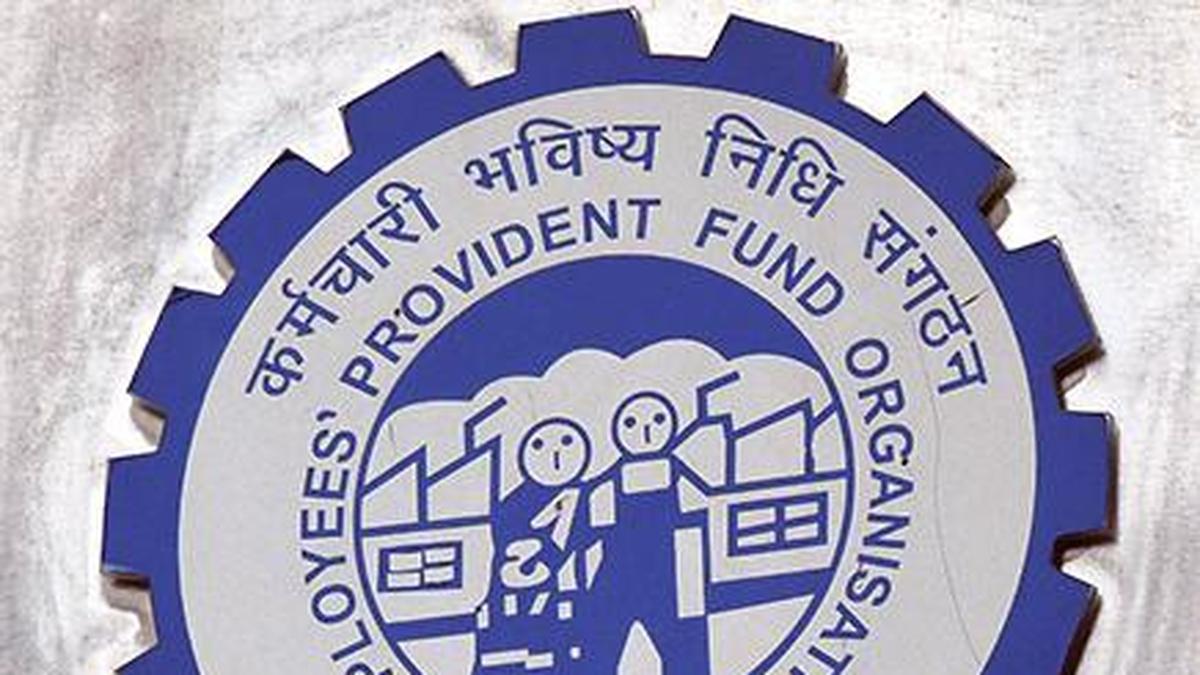Copyright brecorder

What if Pakistan’s hospitals provided world-class care, its schools embraced the latest technology, and government departments operated with the efficiency of top private businesses? This may seem like an idealistic vision, but it is achievable if we rethink how our government operates. At present, the government is still reliant on outdated systems, especially in critical areas like healthcare, education, and infrastructure. While these systems were effective in the past, they are no longer sufficient to meet the demands of today. To move forward, we need to modernize how the government functions. One way to achieve this is by inviting professionals from the private sector to help reform the public sector. A major challenge is the gap between the public and private sectors when it comes to specialized knowledge and resources. Government employees are often highly committed and capable, but they face limitations that prevent them from innovating and keeping up with rapid advancements in fields like technology and management. To ensure the public sector becomes more efficient and responsive, we need to provide it with the fresh perspectives and specialized skills that the private sector can offer. One of the biggest issues is the financial framework in which the public sector operates. Many dedicated public servants work under tight budgets, and while their contributions are vital, the financial rewards often fall short when compared to the private sector. This makes it harder to retain top talent and limits the ability to bring in professionals who could drive the necessary reforms. This is not just a question of fairness; it affects the government’s overall performance and its ability to effectively serve the public. The solution is not just about increasing salaries, but about creating an environment that attracts and retains the right talent. One approach could be to adopt a model similar to the one in Germany, where public sector employees are promoted based on performance. In this system, individuals are regularly evaluated, and only those who demonstrate exceptional ability and results are considered for promotion. This ensures that only the most capable people rise to higher positions, helping to maintain an efficient and effective public sector. At the same time, those who fail to meet performance standards should be moved on. This would help reduce the financial burden on the national exchequer and ensure that only the most capable individuals remain in positions of influence. This merit-based system would not only address the pay gap but would also foster a culture of accountability in the public sector. When employees know that their performance will directly impact their career growth, they will be more motivated to perform at their best. This would help ensure that only those who are truly capable and dedicated to serving the country are promoted, leading to a more effective government. To implement this system successfully, we need to set clear performance standards and conduct regular evaluations. These evaluations should look at how well employees are addressing key national issues, such as healthcare reform or infrastructure development. In addition, we could introduce mentorship programs, where professionals from the private sector mentor public sector employees, fostering knowledge exchange and collaboration. In addition to offering performance-based promotions and mentorship, we must also provide career advancement opportunities for talented professionals in the public sector. This will help ensure that those who dedicate themselves to public service remain motivated and committed to making long-term changes. Importantly, these professionals should have the freedom to innovate within their fields of expertise, without being hindered by bureaucratic constraints, which would allow them to make meaningful contributions. We could begin by using pilot projects in areas like healthcare, infrastructure, and technology, where the private sector’s expertise would be especially helpful. For instance, Pakistan’s CPEC projects could benefit from private sector involvement in areas like logistics and infrastructure management. These pilot projects would allow us to test this hybrid model and gain valuable insights before applying it to other sectors. Looking at other countries, we see that this approach has worked. Singapore, for example, has successfully integrated private sector professionals to improve its healthcare and technology sectors. Rwanda rebuilt its infrastructure after the genocide, with significant help from private sector experts. Estonia has used expert-driven reforms to modernize its public services, and South Korea’s rapid economic growth was fueled by technocrats who guided its policies. The UAE has also partnered with international experts to develop smart cities that serve as models of innovation and efficiency. These countries demonstrate that when the public and private sectors collaborate, governments can achieve greater economic growth, improve social services, and create more effective policies. Pakistan has the opportunity to adopt this model and benefit from the expertise available in the private sector to improve governance. Integrating private sector professionals into Pakistan’s civil service is not just a good idea, it is a necessary step to address the country’s challenges and create a government that works better for the people. By combining the specialized expertise of the private sector with the public sector’s reach and infrastructure, we can build a government that is more efficient and better equipped to meet the needs of its citizens. This is the path to a brighter, more prosperous future for Pakistan. It’s time for change. We have the talent, we have the resources, and now we need to take action. By encouraging collaboration between the private and public sectors, we can build a government that serves the people, improves governance, and prepares Pakistan for the future. With extensive experience in public sector reform, the writer often explores ways to make government systems more efficient and responsive. Copyright Business Recorder, 2025



